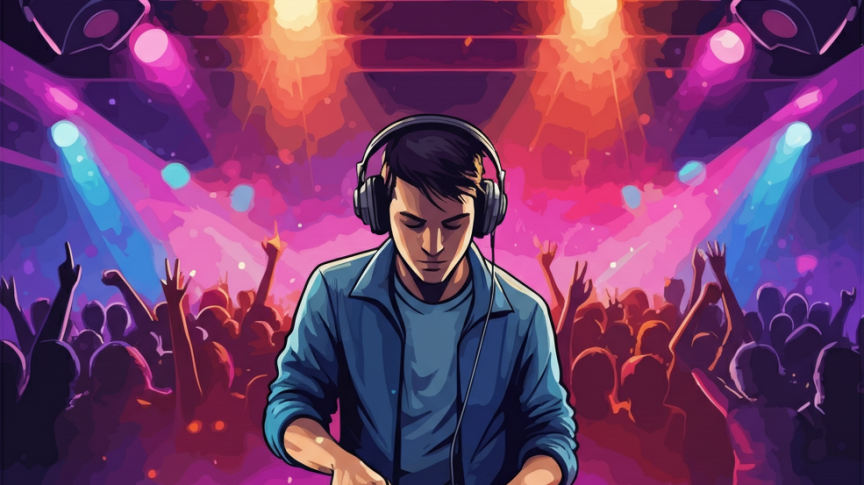Why Is DJing So Popular?
Okay, so why does this all matter? Why is DJing not just surviving but thriving, shaping global music culture? Oh, do we have THOUGHTS.
1. It Moves the Crowd, Period
When you see someone like Carl Cox own a crowd of thousands, you know this isn’t just music—it’s a full-body experience. DJs don’t just play tracks; they control energy, elevate the mood, and connect with hundreds (or thousands) of people all at once. Whether it’s David Guetta making festival crowds cry happy tears or an underground techno DJ working their craft in a gritty basement club, the result is unforgettable.
2. It’s a Global Phenomenon
Name another art form with as much versatility as DJing. From hip-hop battles to sultry house grooves, trance-infused arenas to experimental beat art—it’s for everyone. Every culture adds its unique spin, from reggae DJs in Jamaica to K-pop mashup creators. It’s the definition of inclusive.
3. Tech Adds Accessibility
Technology flipped the accessibility script. Fancy audiophile turntables are still around, but beginner gear like portable controllers and DJ apps make it easier for noobs to jump in. And online platforms? They’re blowing the lid off traditional boundaries. Twitch, YouTube, and other streaming sites turned bedroom DJs into global names overnight.
4. Cultural Icons and Visionaries
DJs aren’t just hosting the party—they are the party. From Daft Punk’s genre-defying productions to Diplo’s genre hopping or Peggy Gou’s forward-thinking, boundary-pushing sets, DJs are cultural tastemakers. Even decades in, legends like Tiësto and Armin van Buuren prove there’s a reason DJing is an enduring art form.
5. A Playground for Creativity
Mess with tempos. Mash up tracks nobody would expect. Create an entirely unique vibe every time you mix. The sheer creative freedom is next level. DJing welcomes experimentation—if it works, it works. And when it doesn’t, you learn and make the next mix even better.

